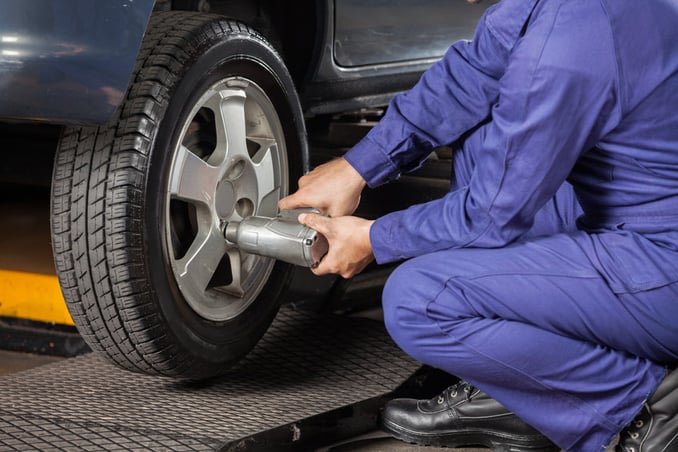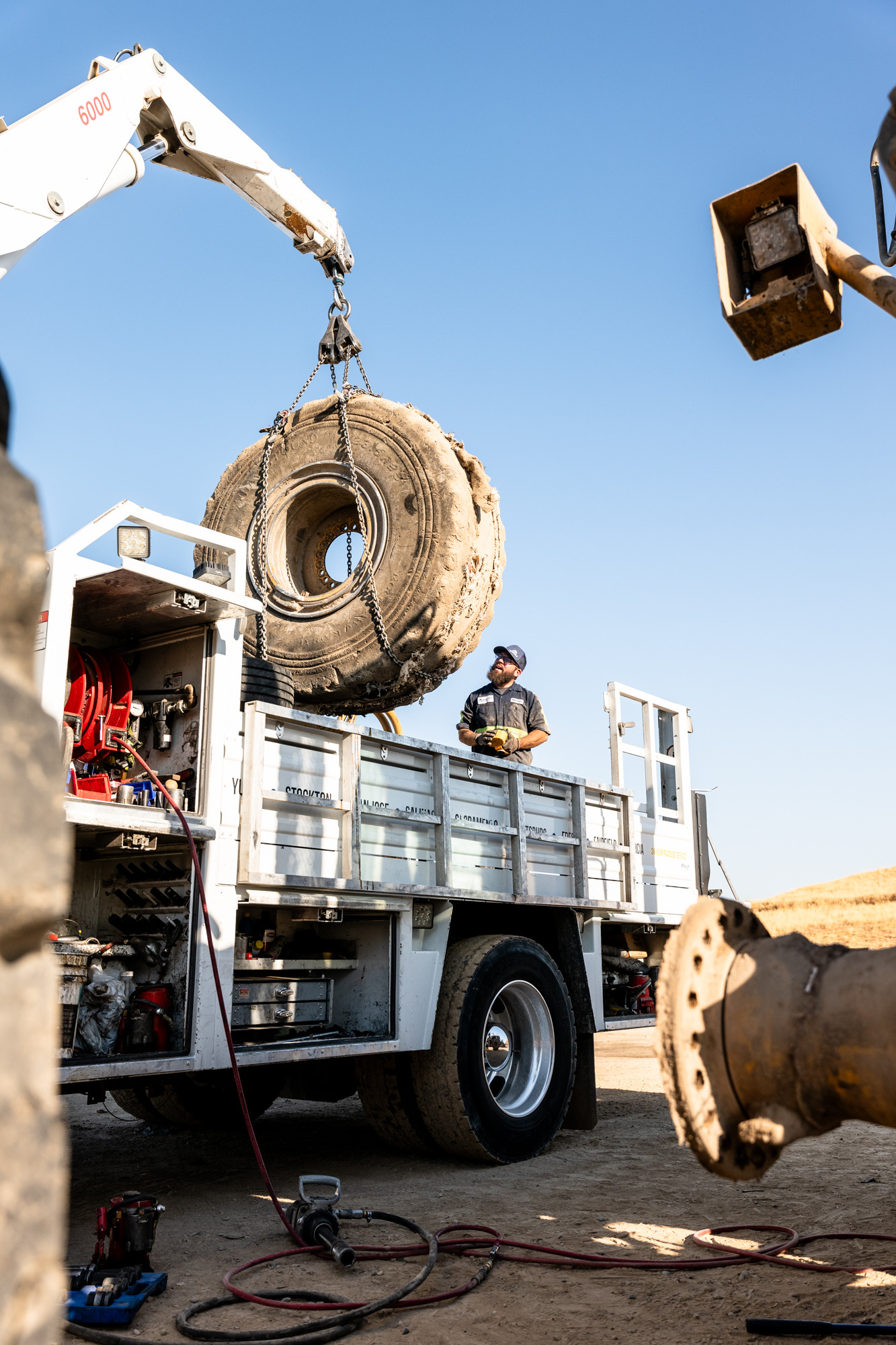Morris Tires: Your Destination for GMC Tires Service Excellence
Morris Tires: Your Destination for GMC Tires Service Excellence
Blog Article
Tire Service: The Impact of Climate Condition
When it concerns making sure optimal performance and safety and security when driving, understanding the influence of weather condition conditions on tire solution is important. From scorching heat to icy roadways, each weather condition aspect can dramatically influence tire capability and overall driving experience. By delving into the results of differing climate condition on tires, chauffeurs can acquire valuable understandings that might boost their lorry's performance and long life. In this conversation, we will certainly explore the complex relationship between climate condition and tire service, losing light on the significance of weather-specific tire upkeep techniques and considerations.
Warmth and Tire Efficiency
When revealed to high temperature levels, tires experience adjustments in efficiency that can significantly influence lorry safety and security and handling. The heat produced from long term driving or warm climate conditions triggers the tire rubber to soften, leading to lowered tread life and enhanced wear.
Cold Climate Impacts
Winter problems can have a considerable impact on tire performance and security. As temperature levels drop, tire rubber can set, causing lowered traction on icy or snow-covered roadways. In winter, tires might also lose air pressure a lot more quickly, which can impact managing and gas performance. In addition, cool temperature levels can trigger tire sidewalls to tense, increasing the threat of damage from pits or various other roadway hazards.
To reduce the impacts of cool weather on tires, it is essential to routinely inspect tire pressure and inflate them to the supplier's recommended degrees. Using wintertime or all-season tires created for winter problems can likewise improve traction and hold on icy or snowy roads. Proper tire upkeep, including regular assessments for wear and damages, becomes even extra critical during chillier months to make sure optimal efficiency and safety.
Rainy Conditions Impact
Tires with damaged treads are more prone to hydroplaning, where a layer of water builds up in between the tire and the roadway surface, leading to loss of grip. To fight this, motorists need to routinely inspect their tires for sufficient tread depth and think about spending in tires specifically developed for wet conditions.
Moreover, stormy weather condition can also lower exposure, making it challenging for vehicle drivers to see the road ahead clearly (GMC Tire Service). In such conditions, it is important to readjust driving rates accordingly and keep a secure following range to enable unexpected quits. Correctly filled with air tires can likewise assist in preserving control on wet roads by giving far better handling and hold
Snow and Tire Safety
When driving in snowy conditions, having the best tires can make a substantial difference in security and performance. Winter season tires are created with unique rubber substances and step patterns to give better grip on snow and ice contrasted to all-season tires.

It is important to follow manufacturer guidelines when mounting and making use of tire chains to stop damages to the tires and lorry. By picking the ideal tires, maintaining appropriate inflation, and taking into consideration added traction help like tire chains, vehicle drivers can improve their security when navigating snow-covered roads.
Weather-Related Tire Upkeep
When encountered with different climate condition, proper tire upkeep becomes an essential facet of lorry safety go to this web-site and efficiency. you could check here Weather-related tire upkeep includes a series of techniques targeted at ensuring ideal tire feature and longevity in various weather condition circumstances. One key facet of weather-related tire upkeep is tire pressure regulation. Fluctuating temperatures can cause tire stress to vary, affecting grip and gas performance. On a regular basis readjusting and inspecting tire pressure according to maker referrals is important for safe driving in altering weather. Additionally, tire tread deepness plays a considerable duty in managing various weather aspects. Tires with sufficient step deepness give better hold on damp or icy roadways, lowering the risk of skidding or hydroplaning. When walk wear gets to a specific depth is important for preserving traction and stability in damaging climate, checking tire tread frequently Check Out Your URL and replacing tires. By prioritizing weather-related tire upkeep, chauffeurs can improve safety and security, boost vehicle efficiency, and prolong the life-span of their tires.
Final Thought
In verdict, weather condition conditions have a substantial effect on tire performance and safety. From warm impacting tire stress and use to chilly climate minimizing grip, it is important to think about the weather when preserving and making use of tires.
In this conversation, we will discover the detailed partnership between weather condition conditions and tire service, shedding light on the value of weather-specific tire upkeep methods and considerations.

Report this page